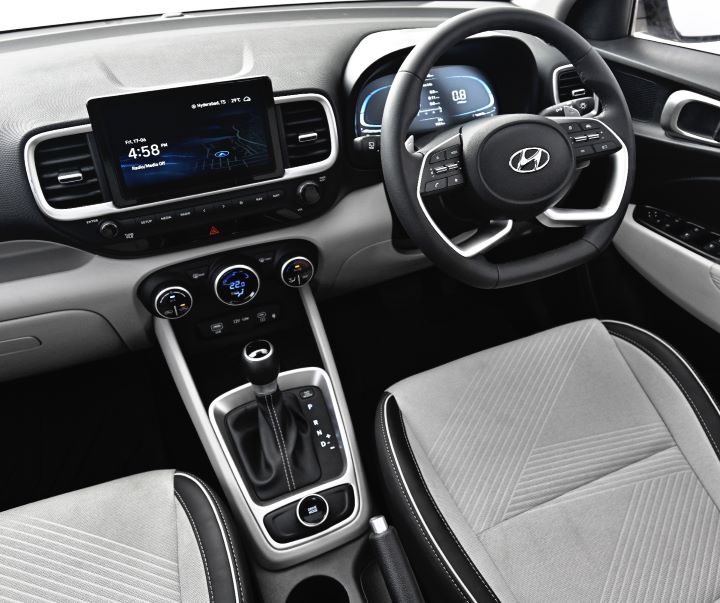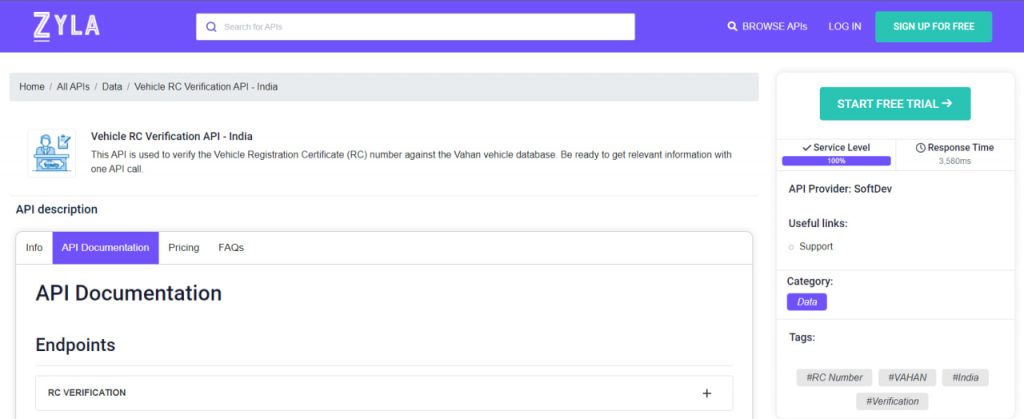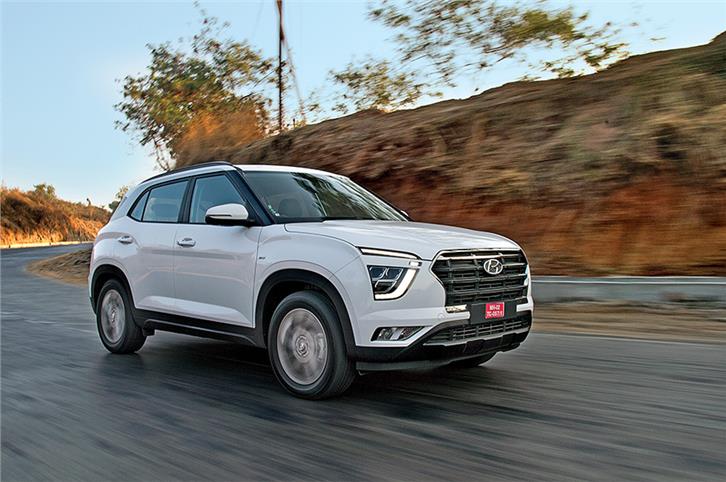Want to find out what’s the best API for your car business? We invite you to keep reading!
In India, the process of buying or selling a vehicle can be quite complicated, with many legal requirements and documents to be verified. One crucial document that plays a vital role in this process is the vehicle Registration Certificate (RC). The RC serves as proof of ownership and registration of a vehicle, making it essential for buyers and sellers to verify its authenticity.
Fortunately, with advancements in technology, an API that verifies a vehicle’s RC has been developed, and it has become a game-changer for the automotive industry in India. Here are some reasons why employing a vehicle RC verification API is necessary:

- Preventing fraud: One of the most significant benefits of implementing a vehicle RC verification API is its ability to prevent fraud. The API can quickly identify fake or forged RCs, altered registration details, and other manipulations of the RC, thus preventing fraudulent transactions that could result in financial losses and legal consequences. This benefit is particularly important for automotive resellers, as it helps them avoid legal troubles by ensuring that the vehicles they sell are legitimate and have proper documentation.
- Increased customer trust: Implementing a vehicle RC verification API can also increase customer trust in the automotive reseller company. Customers want to know that they are buying a legitimate vehicle with proper documentation, and the use of an API can provide them with that reassurance. This, in turn, can lead to increased customer satisfaction and loyalty, resulting in more business for the reseller.
- Cost reduction: The use of an API can also result in reduced costs for automotive resellers. Manual verification of vehicle RCs can be a costly process, requiring additional staff and resources. With the implementation of an API, resellers can reduce their costs by automating the verification process. This not only saves money but also improves efficiency and accuracy.
As the need for this technology increases, it’s important to choose the right API for the job. This is precisely why we recommend Zyla’s Vehicle RC Verification API – India.
So, How Does This API Work?
Vehicle RC Verification API – India works by providing a vehicle’s RC number as input, and at that point the API proceeds to verify that data against the Vahan vehicle database. As output, you’ll get relevant information about the vehicle, such as the name under which the vehicle is registered, details about the vehicle in question, what class of vehicle it is, and you’ll get the registration date for the vehicle within the system. Its raw output looks like this:
{
"action": "verify_with_source",
"completed_at": "2022-12-27T00:23:44+05:30",
"created_at": "2022-12-27T00:23:43+05:30",
"group_id": "8e16424a-58fc-4ba4-ab20-5bc8e7c3c41e",
"request_id": "583f9b01-e7ce-4df8-b21b-8079f63819cb",
"result": {
"extraction_output": {
"noc_valid_upto": null,
"seating_capacity": "2",
"fitness_upto": "2027-12-18",
"variant": null,
"registration_number": "AP09CP0070",
"npermit_upto": null,
"manufacturer_model": "DISCOVER 100 BSIII",
"standing_capacity": "0",
"status": "id_found",
"status_message": null,
"number_of_cylinder": "1",
"colour": "BLACK DECAL MAGENPA",
"puc_valid_upto": null,
"vehicle_class": "2WN",
"permanent_address": "8-2-331/8/J/111/3 , ROAD NO.79 FILM NAGAR,JUBILLE HILLS, Hyderabad -500096",
"permit_no": null,
"father_name": "S BHASKARA RAO",
"status_verfy_date": "2022-12-27",
"m_y_manufacturing": "11/2012",
"registration_date": "2012-12-19",
"gross_vehicle_weight": "245",
"registered_place": "RTA-HYDERABAD-CZ, TELANGANA",
"permit_validity_upto": null,
"insurance_policy_no": null,
"noc_details": null,
"npermit_issued_by": null,
"sleeper_capacity": "0",
"current_address": "8-2-331/8/J/111/3 , ROAD NO.79 FILM NAGAR,JUBILLE HILLS, Hyderabad -500096",
"status_verification": "ACTIVE",
"permit_type": null,
"noc_status": null,
"masked_name": false,
"fuel_type": "PETROL",
"permit_validity_from": "1900-01-01",
"owner_name": "PRIME FOCUS LIMITED",
"puc_number": null,
"owner_mobile_no": "",
"blacklist_status": null,
"manufacturer": "BAJAJ AUTO LTD",
"permit_issue_date": "1900-01-01",
"engine_number": "JBZWCH52399",
"chassis_number": "MD2A14AZ2CWH19562",
"mv_tax_upto": "",
"body_type": "",
"unladden_weight": "115",
"insurance_name": null,
"owner_serial_number": "1",
"vehicle_category": "2WN",
"noc_issue_date": null,
"npermit_no": null,
"cubic_capacity": "94.00",
"norms_type": "Not Available",
"state": null,
"insurance_validity": null,
"financer": "",
"wheelbase": "1305"
}
},
"status": "completed",
"task_id": "74f4c926-250c-43ca-9c53-453e87ceacd1",
"type": "ind_rc_plus"
}
This API can truly be a game changer in the industry, as it saves time, and money, and is easily integrated into an app or website. You can try it out by following these instructions:

1- Go to “Vehicle RC Verification API – India” and simply click on the button “Start Free Trial” to start using the API.
2- Employ the different API endpoints depending on what you are looking for.
3- Once you meet your needed endpoint, make the API call by pressing the button “run” and see the results on your screen.

